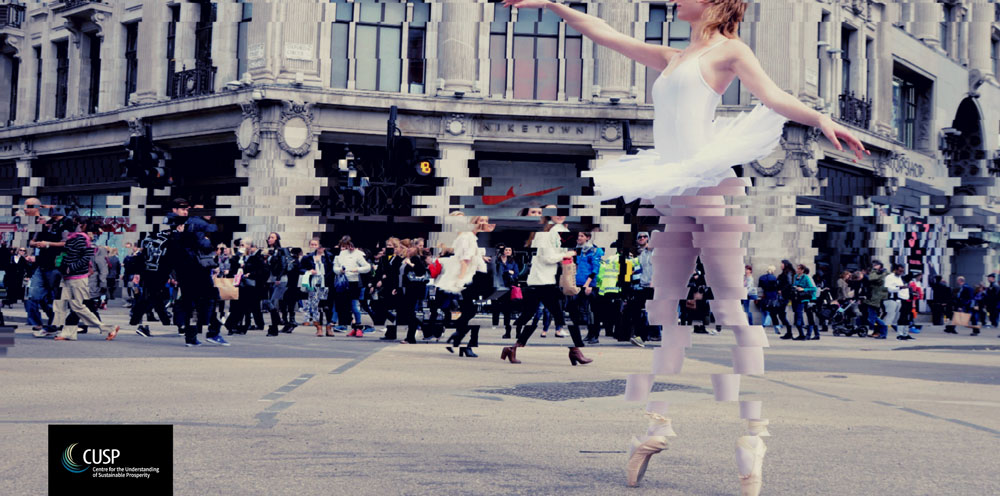
The need to locate ways of living that can be both beneficial to personal well-being and ecologically sustainable is becoming increasingly important. Flow experiences show promise for the achievement of personal and ecological well-being. However, it is not yet understood how the materialistic values promoted by our consumer cultures may impact our ability to experience flow.
There is increasing awareness that the world is currently facing a number of environmental issues such as climate change, biodiversity loss, and depletion of natural resources. Given this, the United Nations’ Sustainable Development Goals highlight the need to create a world in which individuals can thrive whilst limiting environmental damage. Flow experiences have been linked to greater well-being and slightly lower environmental impacts. Testing factors that could influence our likelihood of experiencing flow would therefore be valuable. There is reason to believe that, on top of being linked to poorer well-being and greater ecological footprints, strong materialistic values may undermine the tendency to experience flow. In this research we undertake a direct examination of whether strong materialistic values can undermine our ability to experience flow. This research is important because it suggests, critically, that consumer culture may fundamentally limit our ability to transition towards more rewarding, sustainable lifestyles.
The article is available in open access via the Springer Link’s website. If you have difficulties accessing the paper, please get in touch: info@cusp.ac.uk.
Citation
Isham A, Gatersleben B & T Jackson 2020. Materialism and the Experience of Flow. Journal of Happiness Stud (2020). https://doi.org/10.1007/s10902-020-00294-w
This post first appeared on the CUSP website, 22 July 2020.
